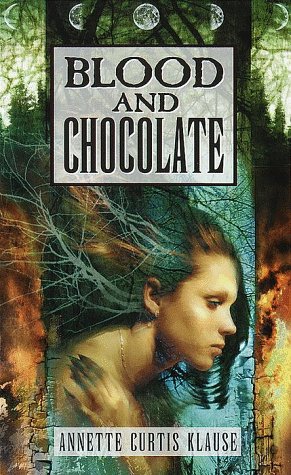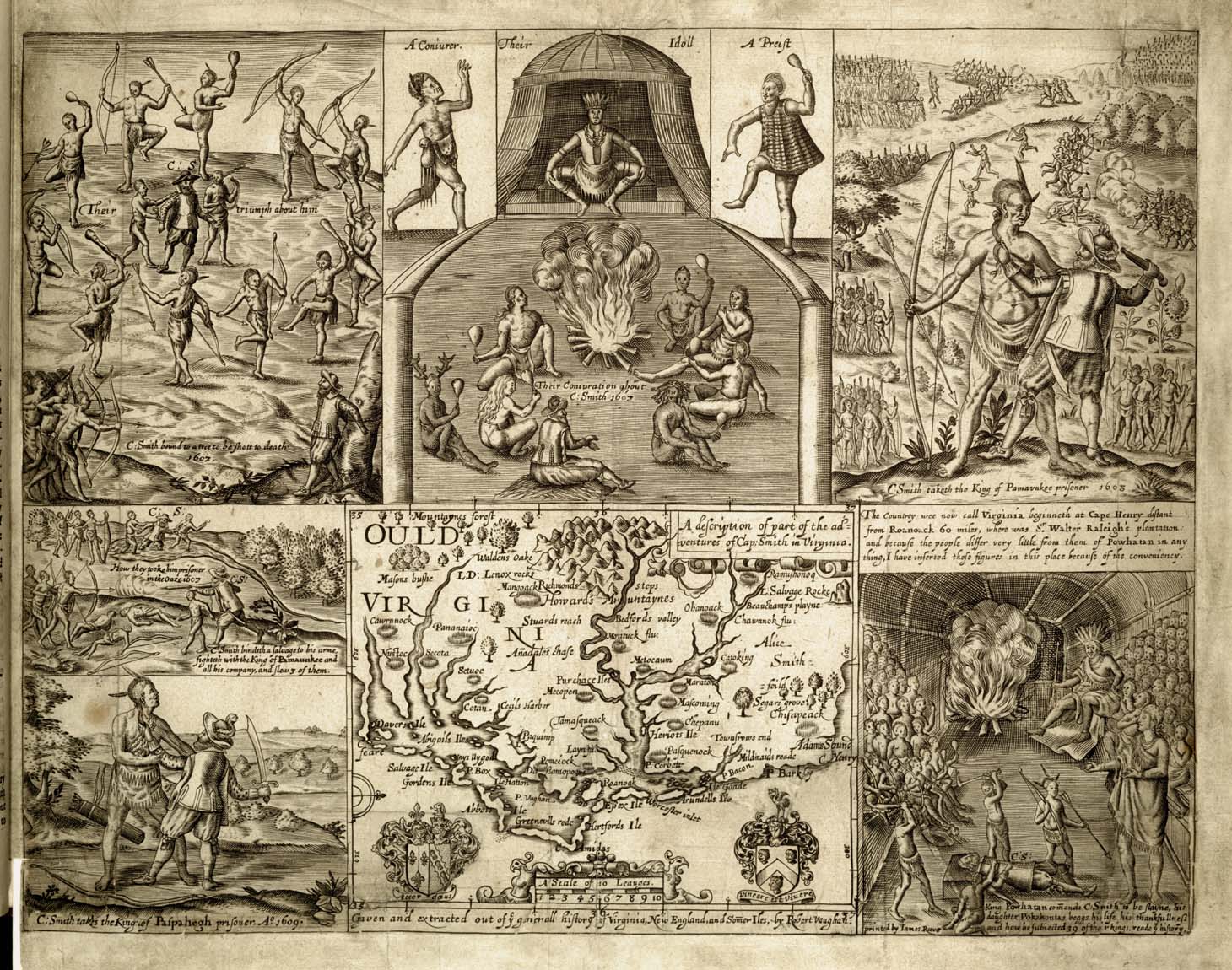I love perfume. I'm fascinated by the way crafted scents have top, mid, and deep notes. At the perfume counter I'm a nightmare, spending hours sniffing bottle after bottle trying to pick out the flowers and spices on my own before reading the notes on the label, more often than not leaving without buying anything but with a head full of ideas about the way perfume works.

When I'd just begun writing my novel, and had only just shyly admitted to a few friends and family that I dreamed the dream of being a writer, I was accosted by my cousin with the following:
"Are you going to write lots about how they smell? I really don't want to read anymore about how great somebody smells."
Two points:
One - My cousin had just finished reading
Twilight, in which there is a lot of emphasis on the allure of scent.
Two - This particular cousin is a
guy who read
Twilight and loved it. Except for the smelly bits.
The vehemence of his opinion threw me and got me to thinking. First why did the (over) emphasis on scent in
Twilight provoke such a strong reaction? And second, whether I was including scent as a major character descriptor.
Though I'm speculating, I think that the aversion to "oh she smells so good, must have her" writing is a reaction to non-specific and repetitive references to an alluring scent. As with any descriptions (visual, aural, or otherwise) less is more and specific trumps vague.
Scent is a powerful referent and I believe it can work very well in writing, but only when used with the same careful construct that you'd apply to any character building in your writing.
I knew I was indeed including smells in my novel. In my own mind the reason for this choice was (and still is) obvious. Scent is the sense that has the closest link to memory. While someone's devilish smile or punk hair cut may catch our attention, the way someone or something smells has the ability to pull us from our current location into another place and time.

The particular scents attached to my characters are very much linked to who they are, and could even be seen as reflective of his/her most inherent and defining traits.
I use short, declarative statements to connect scents to my characters. A classic case of showing not telling. An example from my book: "His scent was all around me. Leather, sandalwood, bonfires in autumn."
But never: "I couldn't believe how great he smelled, all I wanted was to be closer to him." Noooooooooooo!
Scents place a character, help to build who they are in the narrative. As I mulled over smelliness and writing, I realized that my characters all have a signature perfume. So as a fun exercise (for me at least, and I hope for you too) I've created a list of just a few characters and the scents that define them. I can't give away their names (sorry), but I've listed the first letter and gender. What's interesting to me is that I don't include all of these attributes in my writing - but I know exactly how each person in my book smells. It really matters that much to me.
Do your characters stink too?
C (girl): Snow, pine, cotton
R (boy): Leather, sandalwood, bonfires
S (boy): Wet grass, the air before a storm, clover
B (girl): Toffee, dark chocolate, cinnamon
A (boy): Ivory soap, mint, pencils
M (boy): Myrrh, aged paper
N (boy): denim, vinyl, bergamot
S (girl): Amber, faded rose, black tea
L (boy): Mahogany, cloves, fog
A (girl): Red apples, black licorice




































